Pressure Vessel Tank are vital components in a wide range of industrial chemical processes, particularly in industries such as pharmaceuticals, petrochemicals, and fertilizers. These vessels are specially designed to maintain the necessary conditions for chemical reactions that cannot be achieved under normal atmospheric pressure or temperature. By providing a controlled environment, pressure vessels enable reactions to occur under conditions that maximize efficiency, safety, and output. The design and operation of pressure vessels are fundamental to the success of many chemical processes, and they offer numerous advantages in terms of reaction control, safety, and optimization.
In many industrial applications, chemical reactions must take place under specific conditions of temperature, pressure, and concentration. For instance, in the production of ammonia through the Haber process, the reaction requires high pressure—typically around 200 atmospheres—to proceed at a sufficient rate. Without the ability to provide such elevated pressures, this reaction would occur too slowly or might not happen at all. Pressure vessels are built to withstand these extreme conditions, making them essential for reactions that require high pressure to proceed efficiently. By keeping the reactants contained under pressure, these vessels ensure that the chemical reaction can occur at the necessary rate and with the desired results.
The ability to control and maintain the necessary reaction conditions is one of the most important functions of pressure vessels. Many industrial chemical processes involve the synthesis of complex compounds, and the success of these processes often depends on being able to maintain a precise balance of reactants, temperature, and pressure. Pressure vessels allow operators to regulate these factors accurately, ensuring that reactions proceed safely and efficiently. In the case of chemical synthesis in the pharmaceutical industry, for example, pressure vessels are used to maintain the required temperature and pressure for the production of active pharmaceutical ingredients (APIs), such as those used in antibiotics or cancer treatments. Similarly, in the fertilizer industry, pressure vessels are used to synthesize ammonia and other compounds necessary for agricultural production.
In addition to controlling reaction conditions, pressure vessels are also designed with safety in mind. Chemical reactions can be volatile, and the substances involved may be hazardous or reactive. For this reason, pressure vessels are constructed to prevent leaks or ruptures, which could lead to dangerous accidents. Advanced pressure vessels are equipped with a range of safety features, such as pressure relief valves, rupture disks, and automatic monitoring systems. These systems are designed to detect any dangerous fluctuations in pressure or temperature, ensuring that the internal conditions remain within safe limits. If a dangerous condition is detected, the safety systems will automatically release pressure or shut down the reaction to prevent an explosion or other catastrophic event. This makes pressure vessels indispensable in ensuring the safety of workers and the environment during industrial chemical processes.
Another key advantage of pressure vessels is their ability to optimize reaction time and yield. Under higher pressure, chemical reactions generally occur more quickly and efficiently. This is especially important in large-scale industrial processes, where maximizing output while minimizing energy consumption is a priority. For example, in polymerization processes used in the production of plastics, pressure vessels can be used to increase the rate of reaction, resulting in higher yields of the desired product. In the production of synthetic fuels or petrochemicals, pressure vessels facilitate faster and more efficient reactions, reducing production costs and improving overall process efficiency.
Pressure vessels are also crucial when dealing with reactive or corrosive chemicals. Many industrial reactions involve chemicals that can be highly corrosive, such as acids, alkalis, or gases like chlorine. Pressure vessels are often constructed from high-grade alloys or lined with corrosion-resistant materials to ensure that they can withstand these harsh substances. This is particularly important in industries like petrochemicals and pharmaceuticals, where even small amounts of contamination can have serious consequences. The materials used in the construction of pressure vessels must be carefully selected to ensure they are resistant to corrosion, oxidation, and other forms of degradation that could compromise the integrity of the vessel and the safety of the process.


 English
English русский
русский عربى
عربى

.jpg)
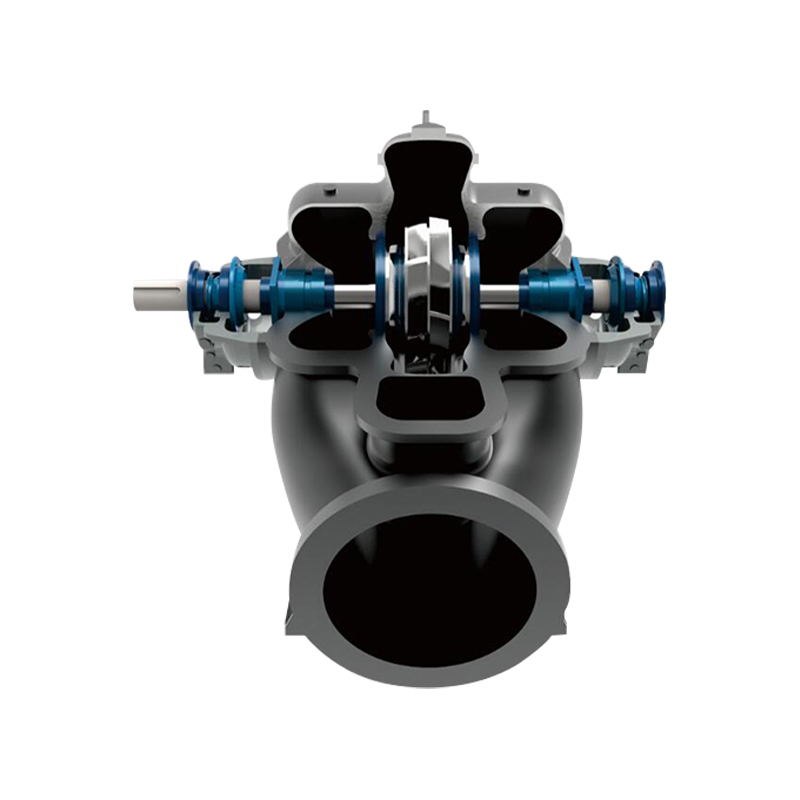
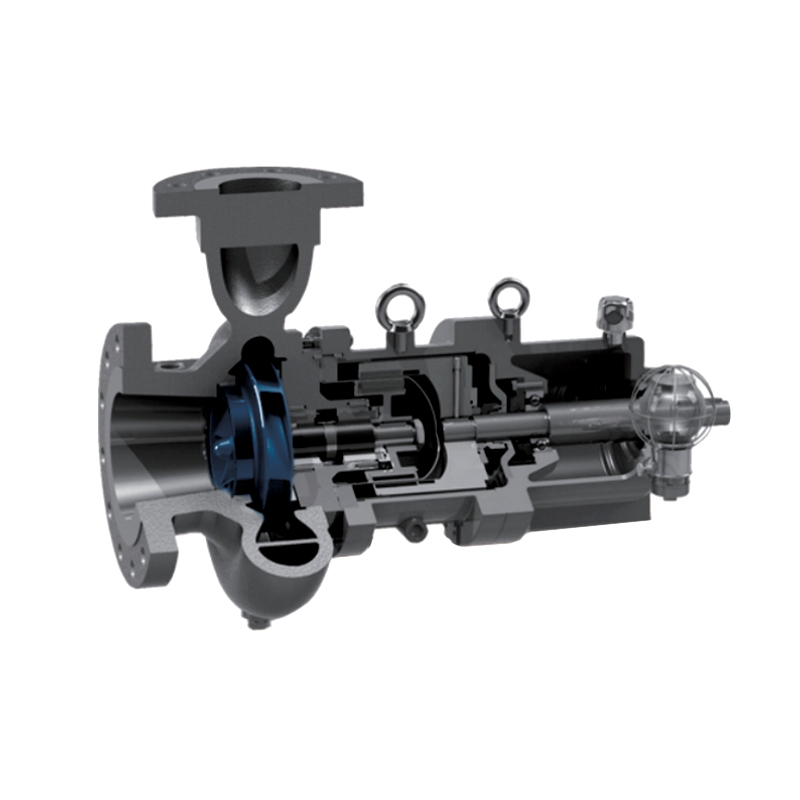
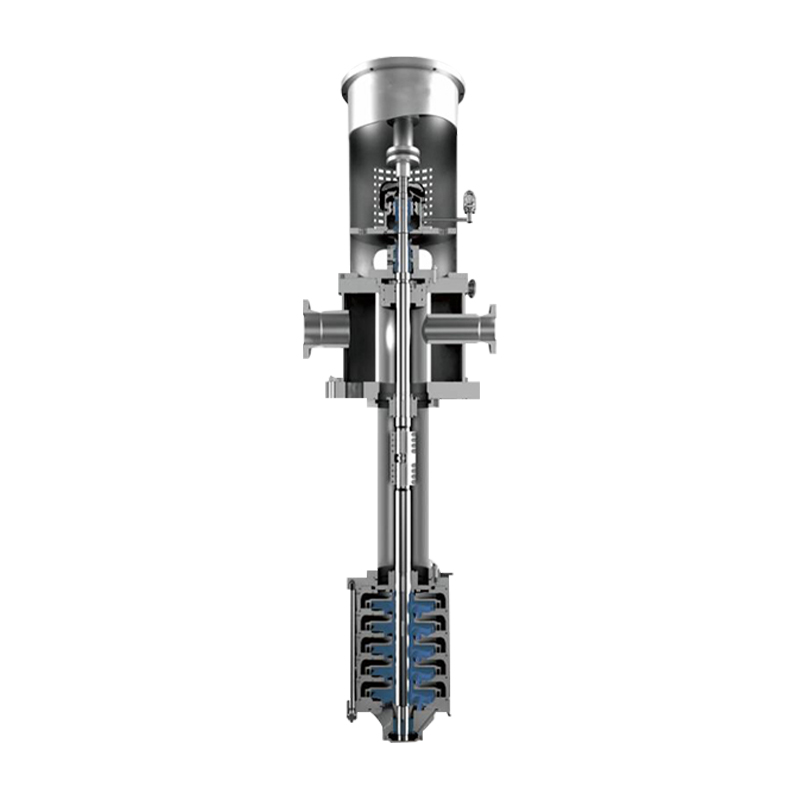
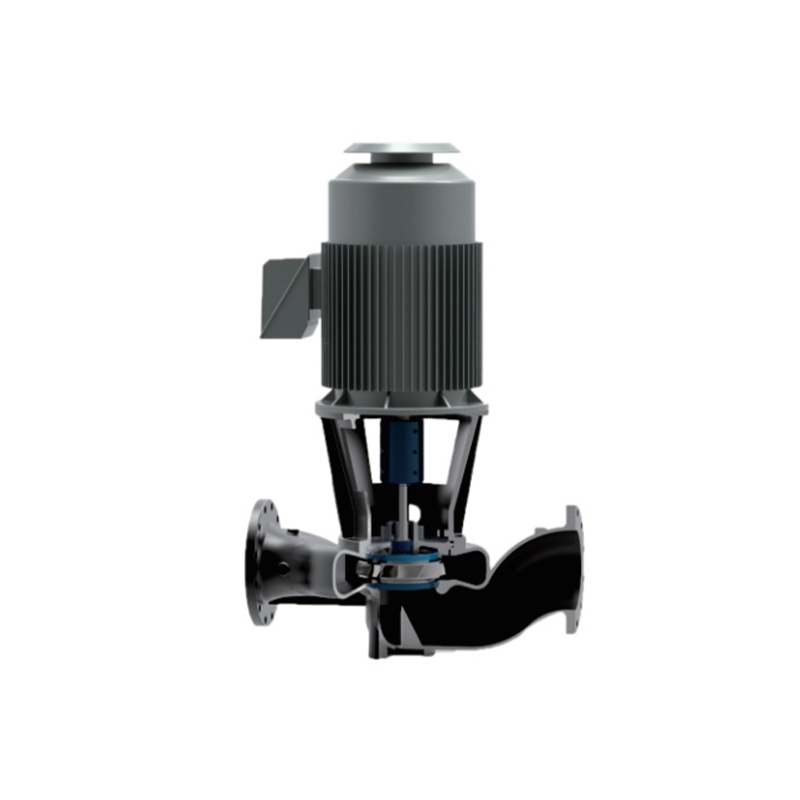

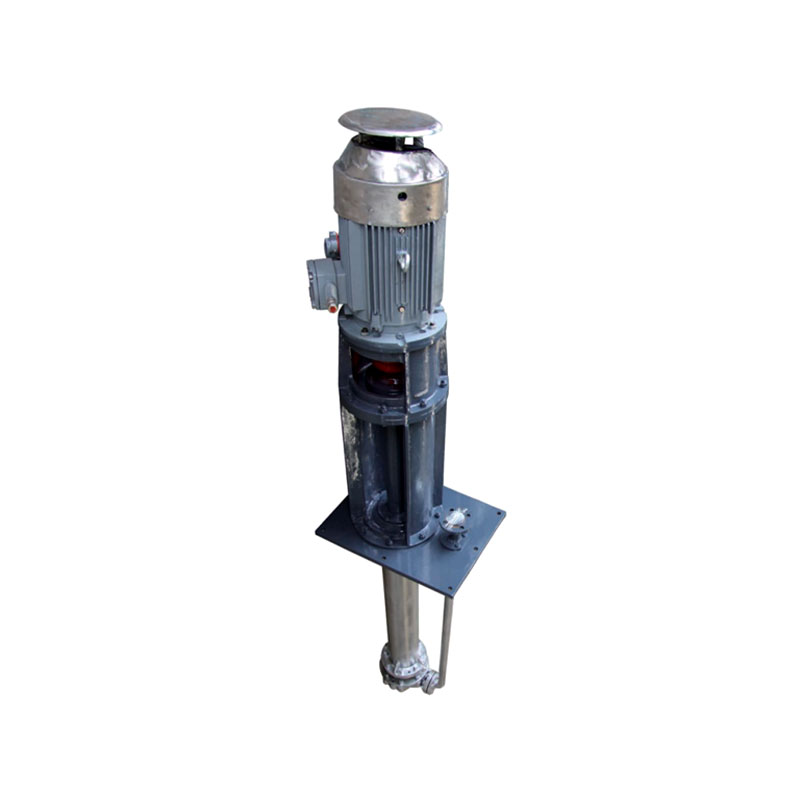
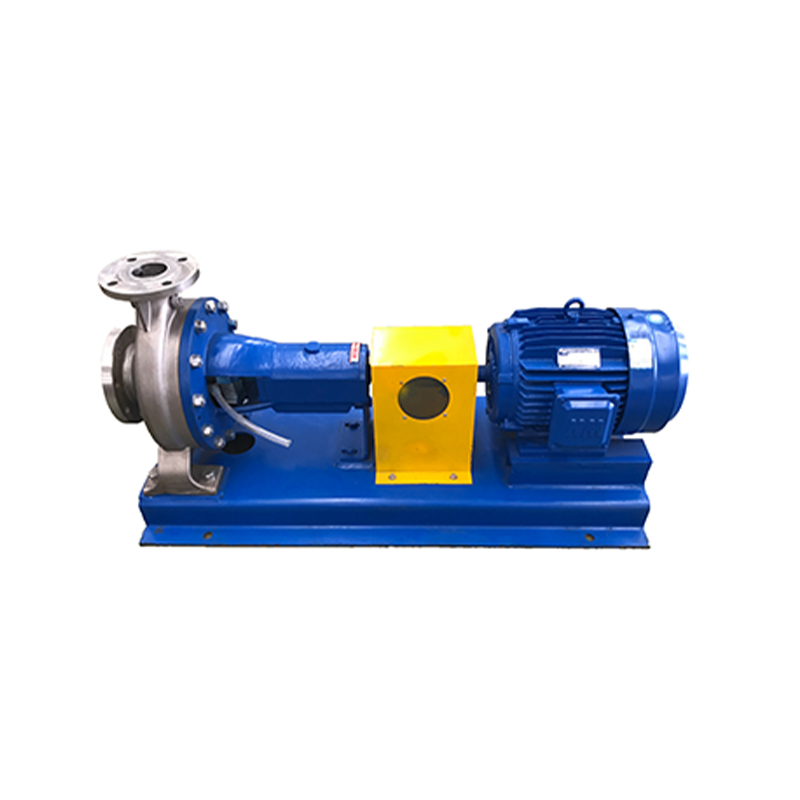

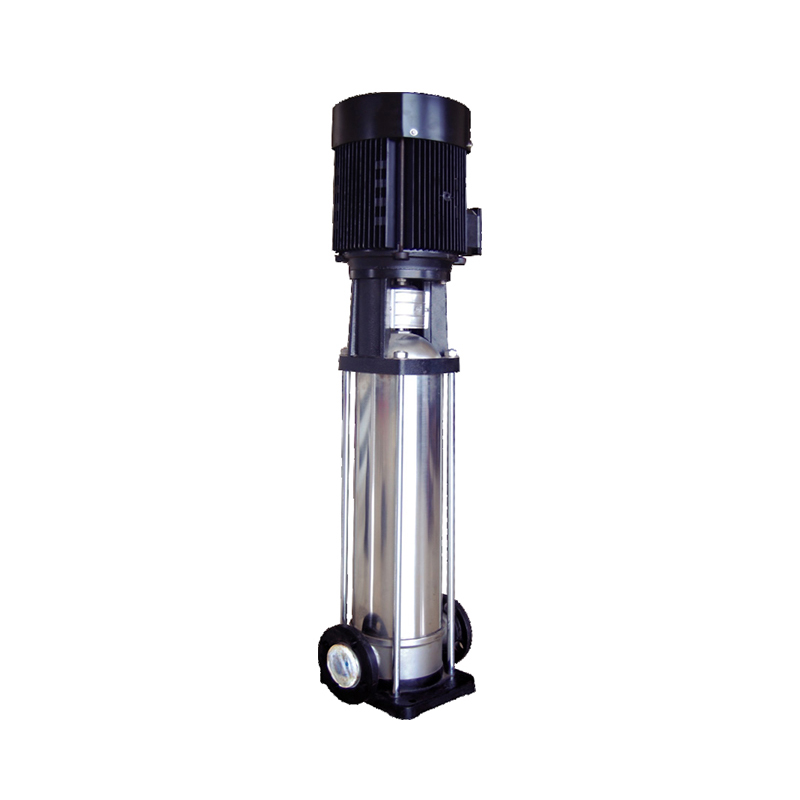






 ENG
ENG

 TOP
TOP